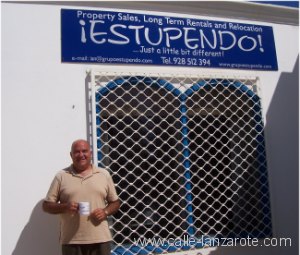Humankapital is a term that is often used in Business Administration. It refers to the value of employees in a company.
There are different ways of using it and thus calculating that value. One way means the amount that an employee costs, eg. their salary, telephone, computer, insurance.
Used positively, it can refer to the value that an employee has because of their knowledge and motivation.
To hear a simple explanation and a short discussion in German, listen to the podcast:
(Press the “play” button to listen to the podcast)

